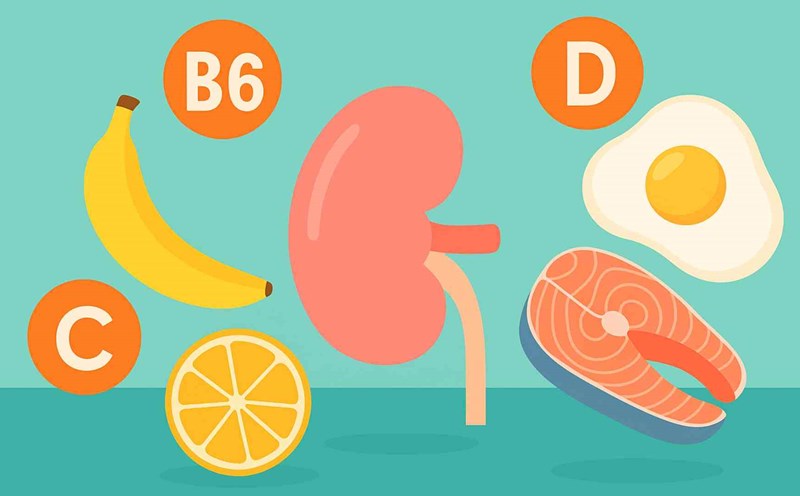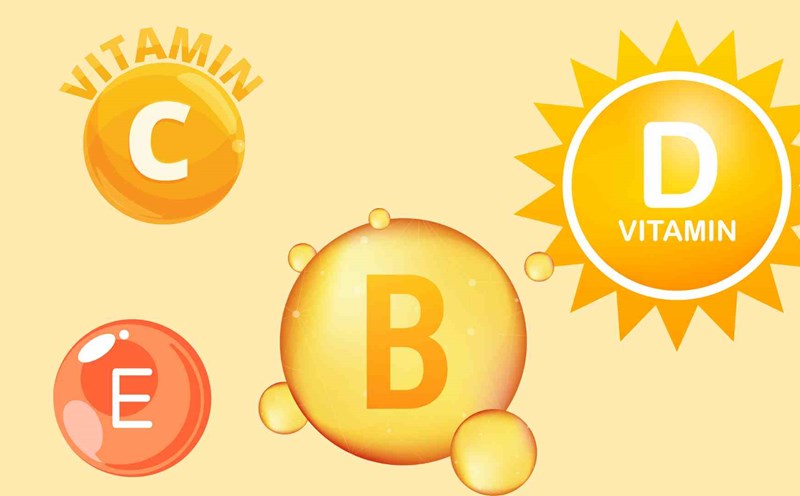
Different absorption and storage capabilities
Water-soluble vitamins are easily dissolved and absorbed into the body's tissues. However, they are not stored but will be excreted in urine if in excess, so they need to be supplemented regularly through the diet. Vitamins in this group include vitamin C and group B (such as B1, B2, B3 ...).
In contrast, fat-soluble vitamins need fat to be absorbed, pass through the small intestine and be stored long-term in the liver and fat tissue. Thanks to that, the body can gradually use it. This group of vitamins includes A, D, E and K.
Health benefits of each vitamin group
Water-soluble vitamins play an essential role in daily functions. Vitamins B1 help maintain the nervous system, while B2 and B3 support the skin, eyes and digestion. Vitamin C contributes to collagen synthesis, supports immunity and helps absorb iron, according to research published in the Current Sports Medicine Reports journal.
Meanwhile, fat-soluble vitamins are essential for long-term structure and function. Vitamins A and D support bone formation, teeth and vision; vitamin E acts as a powerful antioxidant; Vitamin K helps blood clotting and maintain bone density, according to research published in The Clinical Biochemist Reviews.
Abundant food sources
Water-soluble vitamins are often found in fruits such as oranges, kiwis, as well as chicken, eggs, milk, cheese, and additional grains. Meanwhile, fat-soluble vitamins are found in carrots, pumpkin, eggs, spinach and broccoli.











